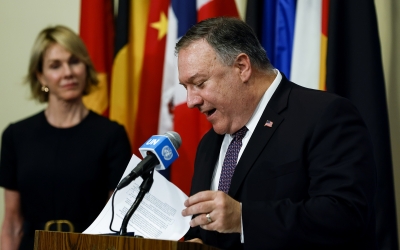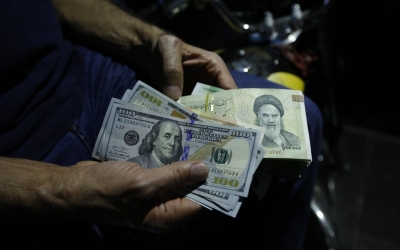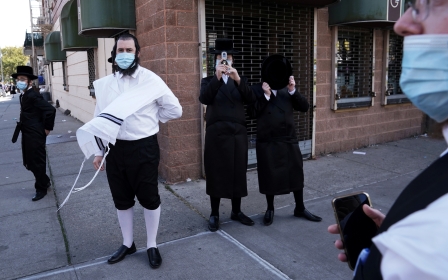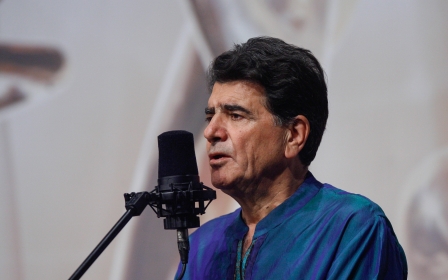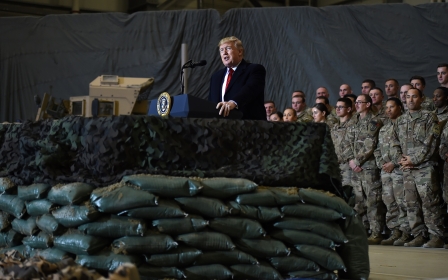Trump says Iran is on notice not to 'f**k around' with US
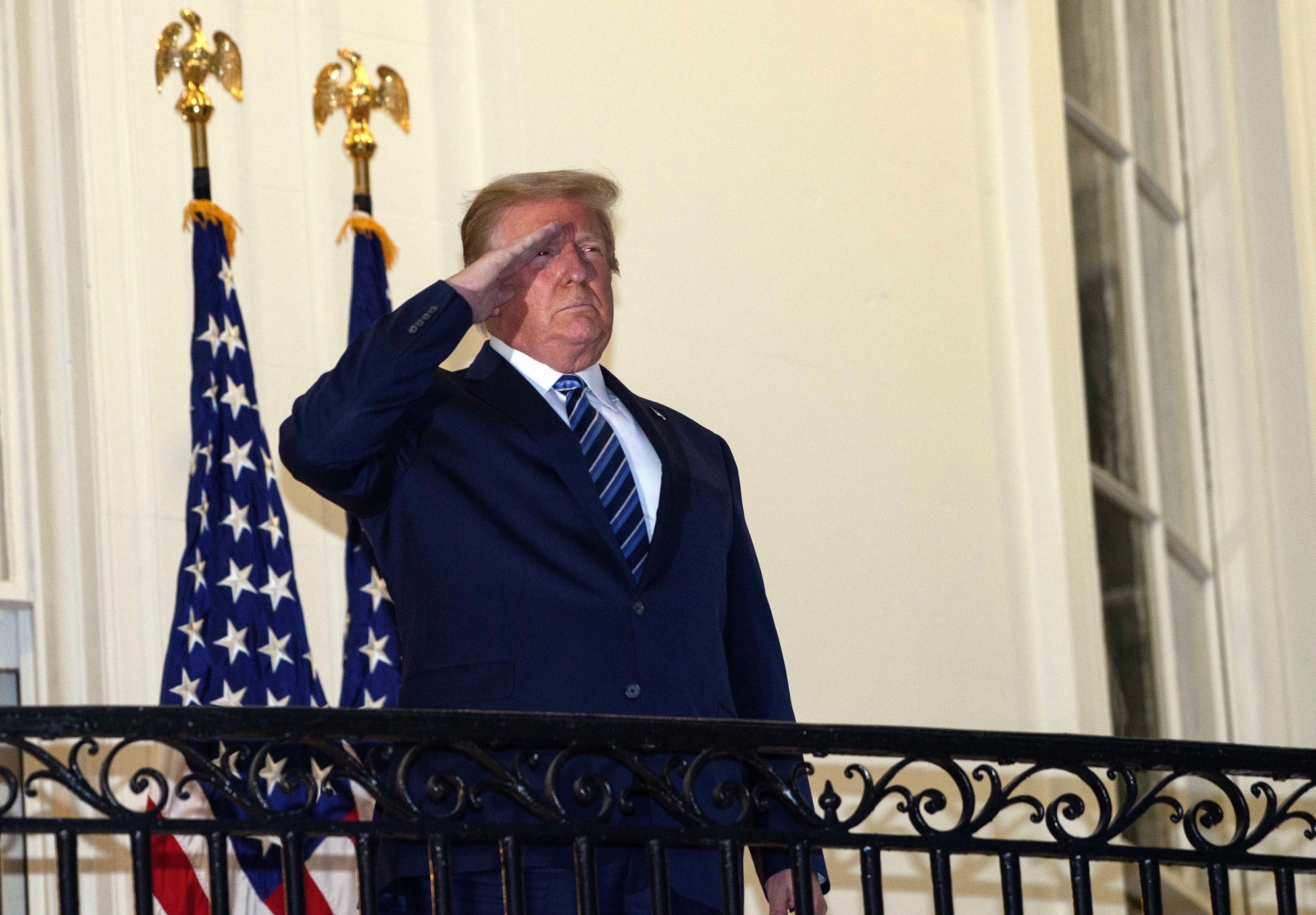
US President Donald Trump talked up his Iran policy in a profanity-laden tirade on Friday, telling conservative radio host Rush Limbaugh that Tehran knows the consequences of undermining the United States.
"Iran knows that, and they've been put on notice: if you fuck around with us, if you do something bad to us, we are going to do things to you that have never been done before," Trump said.
During a 90-minute interview where he mostly raged against his Democratic rivals, Trump promoted his foreign policy record, including relations with China, before shifting focus to Iran.
New deal with Iran?
The US president reiterated his pledge to secure a new agreement with the Islamic Republic if reelected. "If I win, we'll have a great deal with Iran within one month," said Trump, stressing that Iranian leaders are "dying" to have him lose.
New MEE newsletter: Jerusalem Dispatch
Sign up to get the latest insights and analysis on Israel-Palestine, alongside Turkey Unpacked and other MEE newsletters
Limbaugh, seemingly unsettled by the prospect of diplomacy with Iran, blurting out: "A deal on what?" interrupting the president.
"No nuclear weapons," said Trump, who pulled the US out of the multilateral Iran nuclear deal in 2018.
The deal, known as the Joint Comprehensive Plan of Action (JCPOA), had seen Iran scale back its nuclear programme in exchange for the lifting of sanctions against its economy.
With the rigorous international inspection regime implemented by the JCPOA, proponents of the deal say the agreement would have ensured that Iran did not acquire a nuclear weapon.
"He's desperate to try to win this election, so he's trying to be the tough guy again," said Barbara Slavin, director of the Future of Iran Initiative at the Atlantic Council.
But what's more concerning than the president's rhetoric is his policies, Slavin added.
Earlier this week, the US Treasury Department announced a new wave of sanctions against Iran's financial sector, including several private banks - measures that critics say may worsen foreign currency shortages and usher in a humanitarian crisis.
Slavin said Trump's entire approach to Iran is "sanctions and more sanctions".
But US administration officials and Trump supporters insist that the sanctions are working. Trump, who has been recovering from the coronavirus while tweeting incessantly about various subjects, told Limbaugh on Friday that Iran has become a "very poor nation" because of his policies.
"You don't see the terror the way you used to see the terror, and they know if they do anything against us, they'll pay," the president said.
'Sadistic streak'
Ryan Costello, policy director at the National Iranian American Council (NIAC), said that while the Iranian economy is struggling under sanctions, there is no evidence that Tehran is sending less money to its regional proxies and allies or spending less on its military.
"Their talking points don't seem to add up. I think you can take as much money as you want out of the Iranian economy and continue to double down on threats... Iran is just going to divert its resources to defence and so forth," Costello told MEE.
Slavin echoed his comment on the efficacy of sanctions. Asked if Trump's "maximum pressure" campaign against Iran is working, Slavin said: "It depends on what the goal is."
"If the goal is simply to make 80 million people miserable, they've succeeded brilliantly. If the goal is to make Iran change its policies in the region, they've totally failed," she told MEE.
"It shows not just the lack of imagination, but a real sadistic streak, a willingness to penalise an entire country for the actions of a government that those people don't control."
Middle East Eye delivers independent and unrivalled coverage and analysis of the Middle East, North Africa and beyond. To learn more about republishing this content and the associated fees, please fill out this form. More about MEE can be found here.


